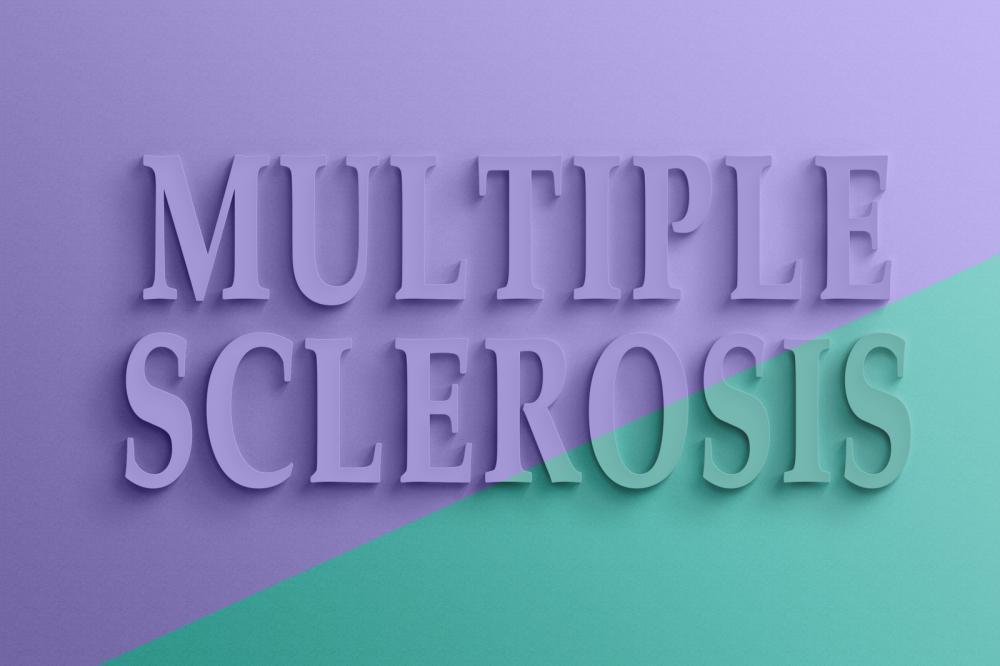Multiple sclerosis is a disease that causes your immune system to attack the myelin sheath that is present around the nerve fibers of your central nervous system. As a result of the damage to the myelin sheath, the brain is unable to transmit nerve impulses as efficiently as it should. The symptoms of multiple sclerosis tend to vary across individuals and depend upon the severity of their condition.
Let’s take a look at what these are and how you can manage to live with multiple sclerosis:
Symptoms of Multiple Sclerosis
Symptoms of multiple sclerosis usually begin between the ages of 20 and 40 years old. Some of these include:
- Fatigue and dizziness
- Muscle spasms
- Trouble in walking, balance, and coordination
- Prickling sensations
- Feeling numb on one side of the body
- Muscle weakness
- Trouble in focusing properly
- Memory troubles
- Visual problems such as blurred vision, double vision, pain in the eyes, etc.
- Poor bladder control
- Bowel problems
- Sexual problems such as erectile dysfunction and vaginal dryness
Causes and Diagnosis of Multiple Sclerosis
There is no known cause of multiple sclerosis. Some of the risk factors associated with the disease include:
- Hereditary factors
- Smoking
- Viral infections that compromise the immune system such as the human herpesvirus 6 and the Epstein-Barr virus
Doctors will usually diagnose multiple sclerosis by referring to your medical history, physical and neurological examinations, MRI scans, and other tests.
Treatment of Multiple Sclerosis
There is no cure for multiple sclerosis. However, several forms of treatment can alleviate the symptoms and make living with multiple sclerosis slightly easier. These include:
Using Medicines
Medicines can be used to help provide short-term relief from some of the symptoms associated with multiple sclerosis. These can help in bladder problems, constipation, pain management, depression, muscle spasms, and erectile dysfunction.
Other medicines such as Interferons and Glatiramer acetates are used to manage the long-term effects of the disease. Interferons help in slowing down the symptoms of multiple sclerosis. Glatiramer acetates prevent the immune system from damaging the myelin sheath. This helps reduce the chance of a relapse. It also prevents new lesions from forming.
Opting for Physical Therapy
Physical therapy has proven to be useful for people suffering from multiple sclerosis. It can help resolve problems in walking, coordination, and balance. It can also reduce symptoms of fatigue and pain.
Ensuring a Healthy Diet
People suffering from multiple sclerosis must try and maintain a low-fat diet that is rich in fiber. This boosts the help of the immune system and can help control the symptoms of multiple sclerosis.
In Conclusion
Living with multiple sclerosis is a painful process. However, the right kind of treatment and support can help individuals suffering from multiple sclerosis and improve their quality of life.
If you’re seeking further advice on managing the symptoms of multiple sclerosis, we suggest you make an appointment with a physician at irvingprimarycare.com, visit https://www.healthonemedicine.com/or call (469)262-5762.

